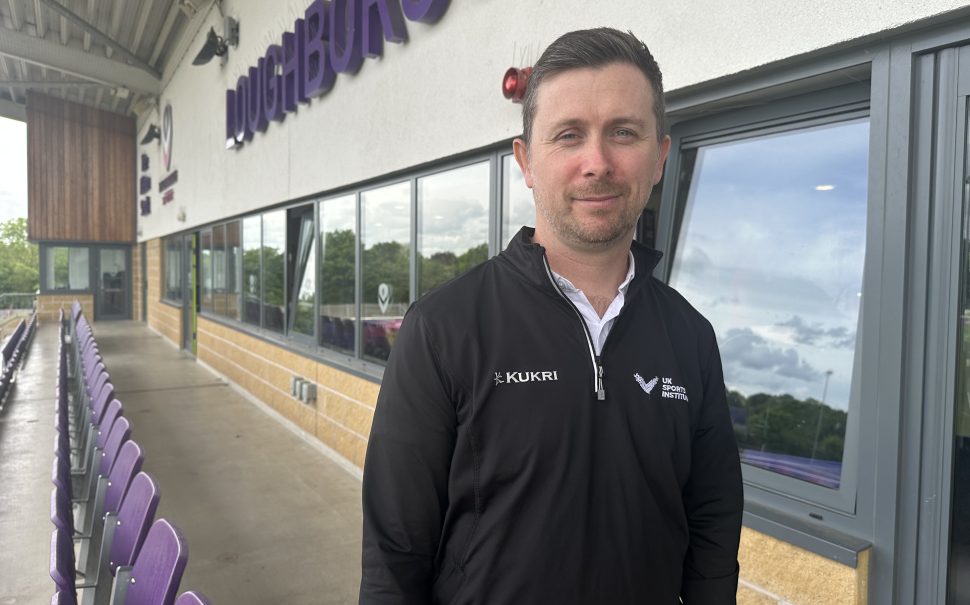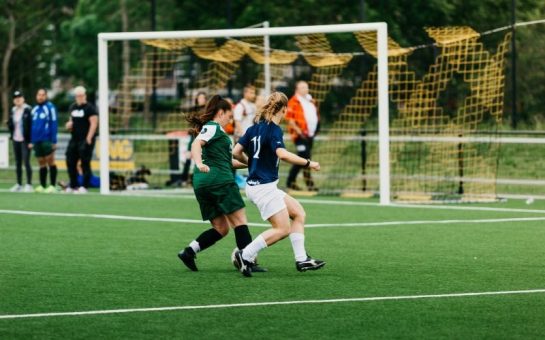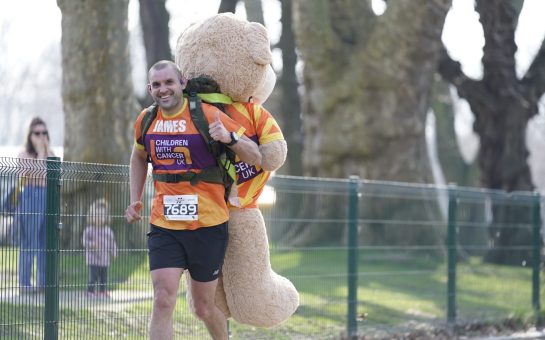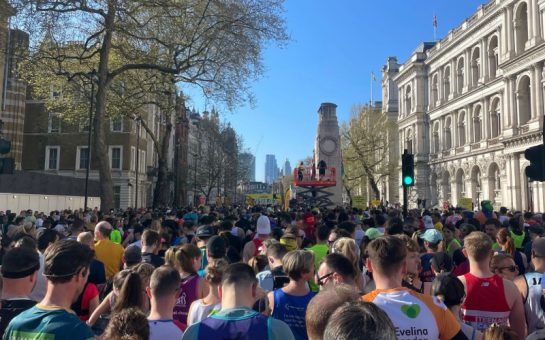A mental health expert has called for the protection of athlete well-being by expanding education around anti-doping in the UK ahead of Paris 2024.
Dr Oliver Sindall, a mental health lead at the UK Sports Institute, spoke on a panel at Loughborough University to mark Clean Sport Week with UK Anti-Doping which coincided with Mental Health Awareness Week.
Three-time Paralympic champion Giles Long hosted the discussion, and was also joined by Paralympic powerlifter Ali Jawad, Performance Director at British Wheelchair Basketball Diccon Edwards and Performance Sport Education Manager at UKAD Emilie Moffat.
Sindall said: “It’s another example where we are having conversations about well-being, we’re talking about anti-doping in relation to that.
“For me, it’s about shining a spotlight on where we are at in elite sport, we are talking about mental health and what’s in place, so it felt good to be part of that process.
“You want equality of support and resource, respect, and that also involves realising you need to factor in different needs.
“Athletes can absolutely thrive at the Games and reach their full potential when all parties have an understanding on well-being.”
UKAD invites everyone working and participating in sport to join in with Clean Sport Week, from 13 – 17 May 2024.
The week-long campaign gives the sporting community a chance to celebrate clean athletes and discuss anti-doping in an informal, yet impactful way. This year’s theme has been the ‘Journey to the Podium’ as the panel in Loughborough looked through a para-athlete lens ahead of Paris 2024.
UKAD is responsible for ensuring sports bodies in the UK are compliant with the World Anti-Doping Code through implementation and management of the UK’s National Anti-Doping Policy.
Sindall, who will be embedded within ParalympicsGB this summer, said: “We spend a lot of time mapping out planning and thinking, ‘what do those stresses look like when planning and training?’.
“We get into an Instagram idea of self-care as holidays, and we don’t think like that in high performance.
“There are people who have done a reccy in Paris and know where they will go to pick up their coffees in the morning.
“It’s about teams and support teams knowing their athletes and understanding their well-being and mental health, and that can be tied into everything, including anti-doping and clean sport.
“We’re not removing the stress, stress is a misunderstood word, you don’t get optimal performance without it, it sits alongside strength and conditioning as a positive.”





